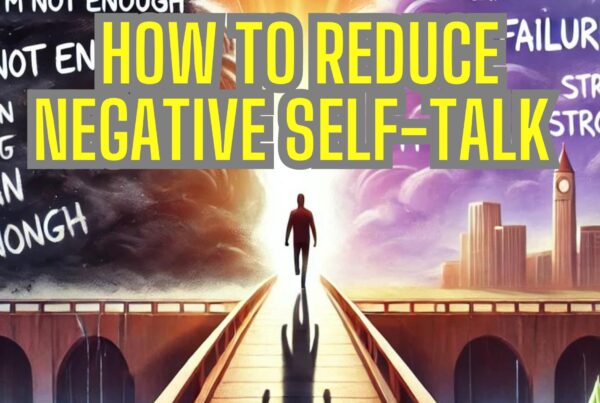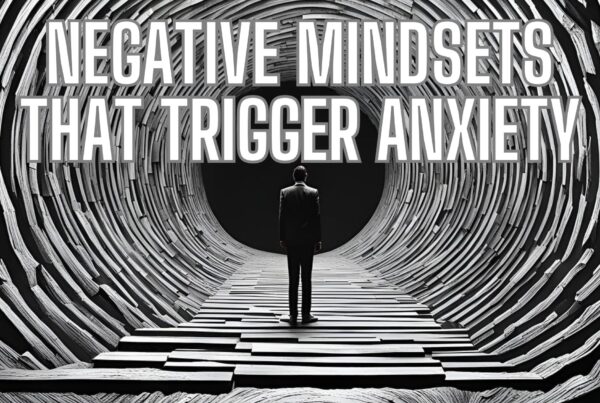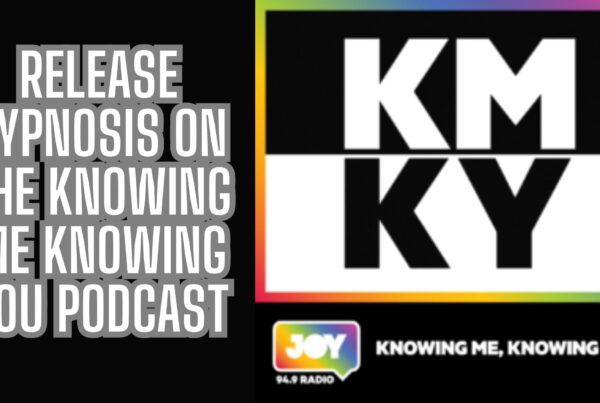The Power of Progressive Muscle Relaxation: Overcoming Anxiety and Uncomfortable Thoughts
Understanding Anxiety and Its Impact
Living with anxiety can be overwhelming. The constant worry, racing thoughts, and physical tension can make even the simplest tasks feel like climbing a mountain. If you find yourself struggling with anxiety and uncomfortable thoughts, know that you’re not alone. Many people face these challenges daily.
Unraveling the Benefits of Progressive Muscle Relaxation
Progressive Muscle Relaxation (PMR) is a powerful technique that can help you alleviate anxiety and find inner calmness. PMR involves systematically tensing and relaxing specific muscle groups in your body. By intentionally tensing and then releasing each muscle, you can train your body and mind to achieve a deep state of relaxation.
How to Practice Progressive Muscle Relaxation
To begin, find a quiet and comfortable place where you won’t be disturbed. You can either sit in a chair or lie down, whichever feels more relaxing for you. Close your eyes and take a few deep breaths, allowing yourself to settle into the present moment.
Start by focusing on your breath, feeling the sensation of each inhale and exhale. As you do this, begin to tense the muscles in your forehead by raising your eyebrows as high as possible. Hold this tension for a few seconds, and then release it, letting go of any stress or tension you may be carrying.
Shift your attention to your jaw. Clench your teeth tightly together, feeling the tension in your jaw muscles. Hold for a few seconds, and then release, allowing your jaw to relax completely.
Next, move your attention down to your shoulders. Gently lift them up towards your ears, feeling the tension building in your shoulder muscles. Hold for a moment, and then let go, allowing your shoulders to drop and the tension to dissolve away.
Continue this process of tensing and releasing for each muscle group in your body, progressively moving from your arms to your chest, back, abdomen, buttocks, and legs. Remember to take your time with each muscle group, allowing yourself to fully experience the release of tension and the sensation of relaxation.
The Science Behind Progressive Muscle Relaxation
Now, you may be wondering, what’s the science behind this technique? Well, studies have shown that PMR can have a significant impact on reducing anxiety and stress levels. In fact, a research study published in the Journal of Clinical Psychology found that PMR was effective in decreasing symptoms of anxiety in individuals with generalized anxiety disorder (GAD) (Borkovec & Costello, 1993).
When we experience anxiety, our body’s stress response kicks in, releasing stress hormones that can heighten our emotional and physical tension. PMR interrupts this stress response by activating the relaxation response, triggering the release of endorphins, our body’s natural feel-good chemicals. These endorphins promote a sense of calmness and well-being, helping to counteract anxiety and uncomfortable thoughts.
Furthermore, PMR can also improve your sleep quality. A study conducted at the University of São Paulo, Brazil, showed that PMR had a positive effect on sleep quality and decreased sleep latency (Carney et al., 2010). By incorporating PMR into your routine, you may find it easier to fall asleep, stay asleep, and wake up feeling more refreshed.
The Ripple Effect of Progressive Muscle Relaxation
By regularly practicing PMR, you can experience a multitude of benefits beyond anxiety reduction. One of the key advantages is increased self-awareness. As you engage in this exercise, you become more attuned to the physical sensations in your body, allowing you to identify areas of tension and stress. This heightened awareness extends beyond your practice sessions, enabling you to better manage stress and anxiety in your daily life.
Moreover, PMR promotes mindfulness, the practice of being fully present and engaged in the current moment. As you focus on each muscle group and its release, you cultivate a state of mindful relaxation. This mindfulness carries over into your everyday experiences, empowering you to approach challenges with greater clarity and calmness.
Embrace the Calmness Within
In a world filled with constant distractions and demands, finding moments of tranquility is essential for your overall well-being. Progressive Muscle Relaxation offers a simple and effective method to reduce anxiety, release tension, and cultivate a sense of inner calmness. By integrating PMR into your daily routine, you can pave the way for a more balanced and peaceful life.
Remember, overcoming anxiety is a journey, and PMR is just one tool in your arsenal. If you continue to struggle with anxiety or uncomfortable thoughts, why not book a free 30 minute consultation call with Release Hypnosis to discover how hypnotherapy can help.
Release Hypnosis Melbourne Hypnotherapy
Since 2016, Lawrence Akers has been working under the name Release Hypnosis offering Hypnotherapy and ACT based work to the people of Melbourne or an online service. Based on St Kilda Rd, Release Hypnosis is an easy and convenient location to get to and accessible by the ANZAC station train and tram stop. Release Hypnosis can help with a wide range of presenting issues, and I offer a free 30 minute no obligation discovery call for those who are unsure if hypnotherapy is the right way forward for them.
References for ‘The Power of Progressive Muscle Relaxation
- Borkovec, T. D., & Costello, E. (1993). Efficacy of applied relaxation and cognitive-behavioral therapy in the treatment of generalized anxiety disorder. Journal of Consulting and Clinical Psychology, 61(4), 611-619.
- Carney, C. E., Buysse, D. J., Ancoli-Israel, S., Edinger, J. D., Krystal, A. D., Lichstein, K. L., & Morin, C. M. (2010). The consensus sleep diary: standardizing prospective sleep self-monitoring. Sleep, 33(2), 227-235.
Book Your FREE 30 Minute Consultation With Release Hypnosis NOW!
You may also like to read:
10 Daily Habits for Managing Anxiety and Stress
How to Relieve Anxiety at Bedtime: Tips for a Restful Night’s Sleep
Urge Surfing and How Can it Help You Overcome Addiction
Mastering Mindful Communication: Enhancing Relationships and Connections








